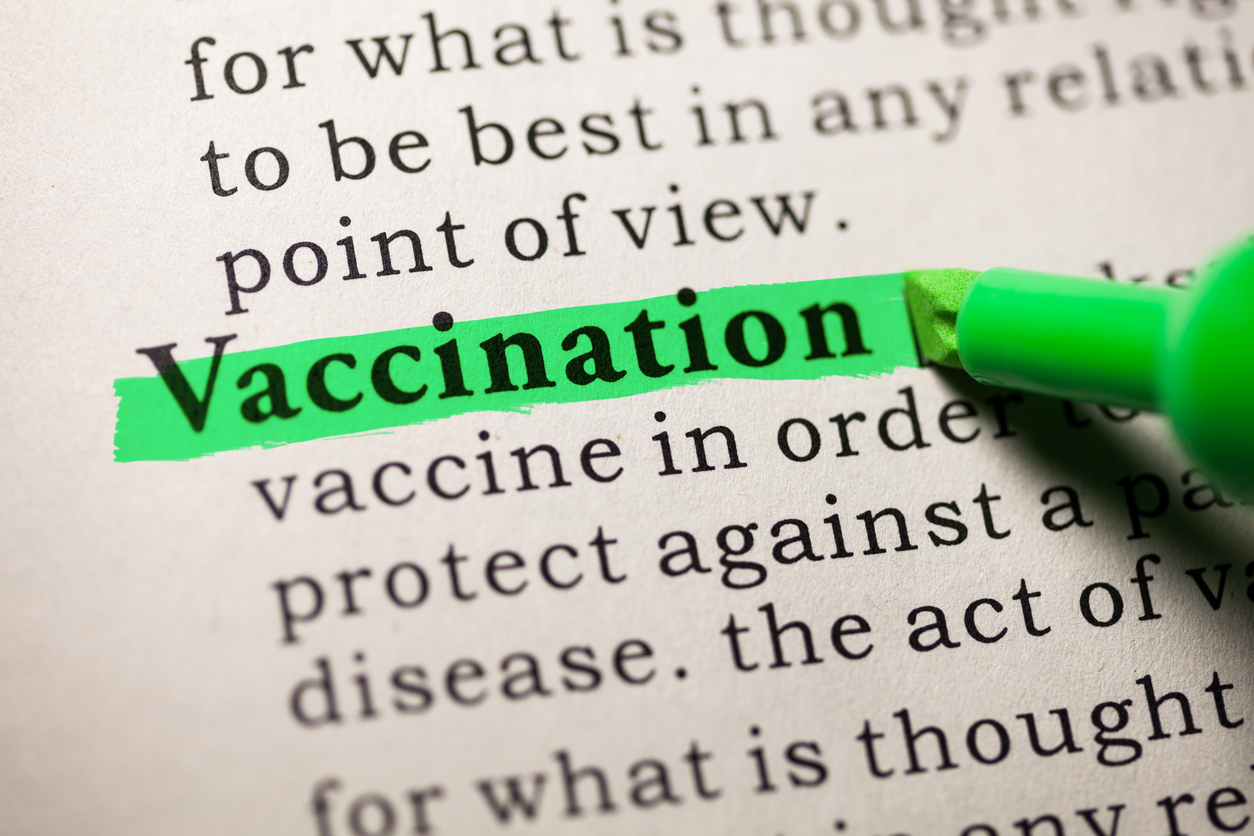2024-12-16
Impact of HPV Infections During Pregnancy: Myth or Reality?
Gynecology
Human papillomavirus
(HPV) is the most common sexually transmitted infection, especially among women
of childbearing age. Although primarily known for its role in cervical lesions
and cervical cancer, particularly with high-risk genotypes such as HPV 16 and
18, its impact on pregnancy remains poorly understood. Several studies suggest
a link between HPV and complications such as hypertensive disorders of
pregnancy (HDP), gestational diabetes (GD), and small-for-gestational-age
newborns (SGA). However, findings are contradictory due to varying
methodologies and definitions. A better understanding is essential to improve
the care of pregnant women affected by HPV.
The results revealed that 40% of women tested positive for an HPV genotype, with 24% carrying high-risk HPV genotypes. However, no significant association was found between these infections and the mentioned complications. Additionally, the persistence of HPV infections during pregnancy did not alter these findings, highlighting the complexity of interactions between HPV and pregnancy physiology.
Do HPV infections truly influence pregnancy complications?
A total of 950 pregnant women were selected to assess the link between HPV infections and pregnancy-related complications. The study analyzed HPV DNA in urine samples collected mid-pregnancy and at delivery, identifying 28 genotypes, including 12 high-risk genotypes (HR-HPV). The monitored complications included hypertensive disorders of pregnancy (HDP), gestational diabetes (GD), and small-for-gestational-age newborns (SGA). Regression models were used to evaluate potential associations.The results revealed that 40% of women tested positive for an HPV genotype, with 24% carrying high-risk HPV genotypes. However, no significant association was found between these infections and the mentioned complications. Additionally, the persistence of HPV infections during pregnancy did not alter these findings, highlighting the complexity of interactions between HPV and pregnancy physiology.
HPV infections during pregnancy: Key takeaways
This study demonstrates that HPV infections, including high-risk genotypes, do not increase the risk of major pregnancy complications, providing reassuring information for patients and their caregivers. However, further research is needed to explore the impact of HPV vaccination on obstetric outcomes. It is also crucial to educate pregnant women on the common and transient nature of HPV to reduce anxiety and the stigma associated with this infection.
Last press reviews
Vaccine vs. SMC: rivals or partners?

#MalariaVaccine #R21MatrixM #Malaria #Vaccination #SMC #InsecticideTreat...
A race against time for a vaccine?

#PfSPZ #Vaccination #Malaria #Immunogenicity <br><br><br>...
Birch allergy: could one shot change everything?

#AllergicRhinoconjunctivitis #IgG4 #Allergoid #BirchPollen #Immunotherap...